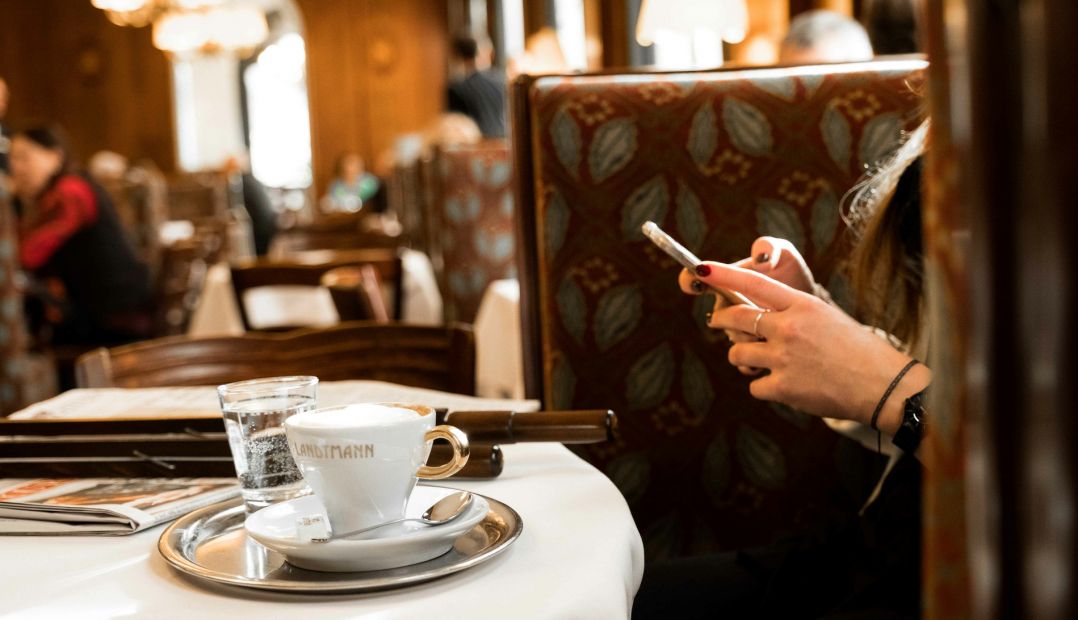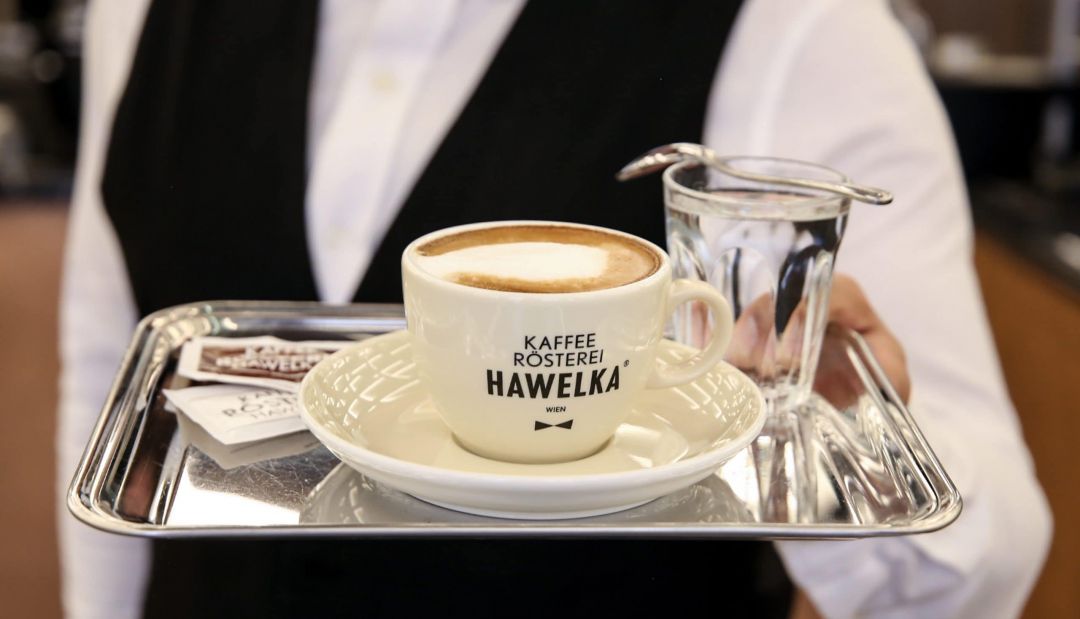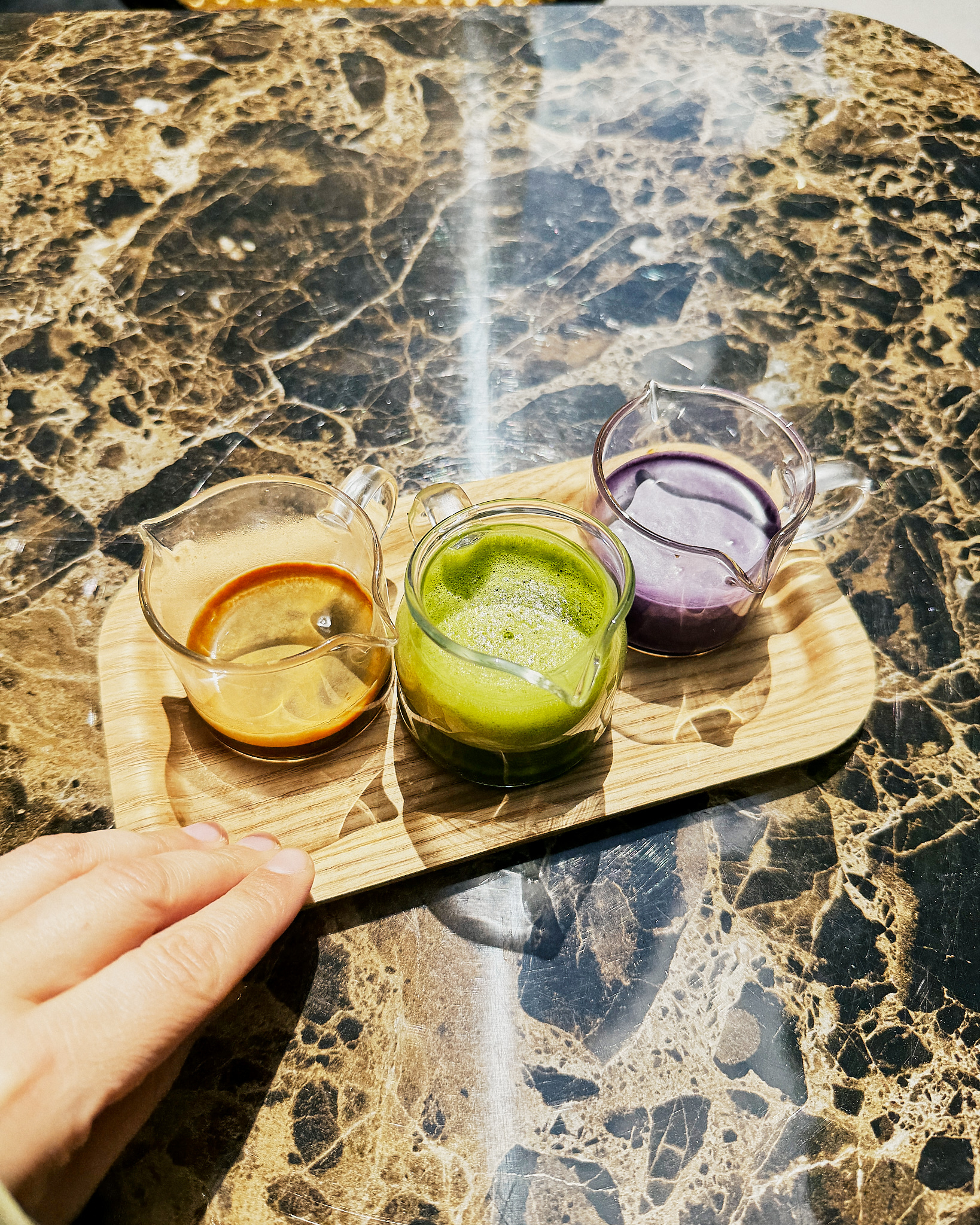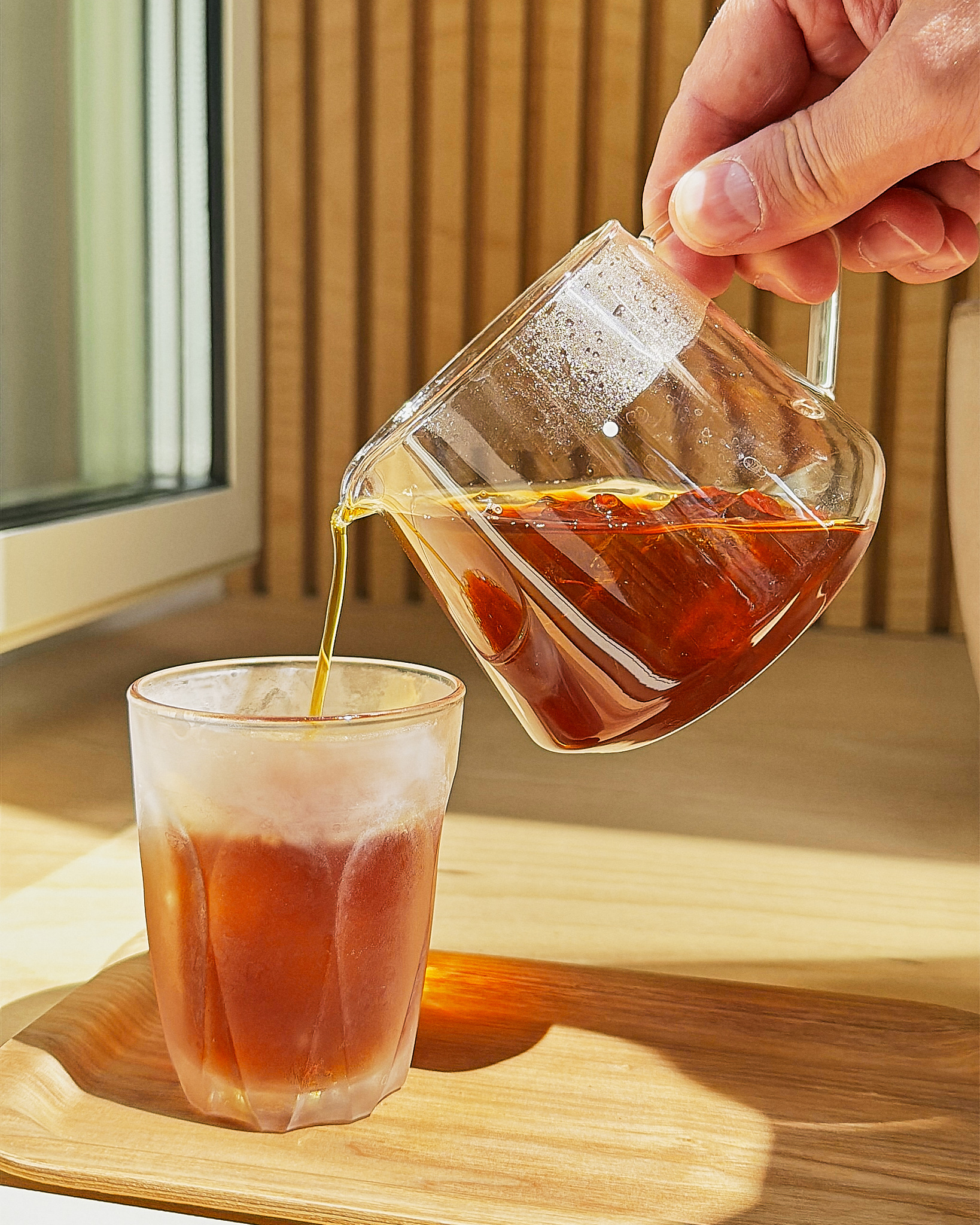JOIN the AFICIONADOS
Get the insider news and lowdown on what we've been up to, where we've been, and who we've met along the way. Be the first to discover new places and get the scoop on our favourites.
In Vienna, the coffee house is not just a place to sip and sit. It is a mood, a ritual, a cultural stronghold where the steam rises in gentle spirals and time politely excuses itself. Long before laptops and flat whites, these grand salons of caffeine and conversation played host to the weight of an empire and the brilliance of ideas.
It was here, beneath stucco ceilings and crystal chandeliers, that Trotsky scribbled politics, Freud pondered the subconscious and Mahler stirred sugar into his melange. In the summer of 1913 alone, the city’s cafés harboured a roll call of history’s most complicated men. Revolution, repression and cream-topped coffee; all taken seriously, in equal measure.
The Viennese Kaffeehaus is where marble meets memory, where Thonet chairs creak under generations of gossip, and where the question “Schlagobers?” is still best answered with a knowing nod. Coffee comes with a silver tray, a glass of water and the slow tick of a grandfather clock. The pastries are proudly over-the-top. Think baroque towers of sponge, chocolate, candied fruit and cream, with names like Mozarttorte, Kardinalschnitte and the unapologetically imperial Esterházy.
And while the famous Sacher Torte gets most of the postcards, the real joy of Vienna’s coffee scene lies in its constellation of institutions and oddities. A city where café-hopping feels less like leisure and more like cultural preservation.
Set within the arcaded halls of Palais Ferstel, Café Central is every bit the high drama of Viennese café culture; chandeliers hanging like punctuation, polished floors echoing with slow-footed waiters, and mirrors doubling the room’s sense of occasion. There is a performance to it all, but one that never forgets its audience. Tourists come wide-eyed, locals roll theirs, and yet somehow both find themselves staying for another cup.
The menu reads like a roster of Austrian pastry royalty: Sachertorte, Topfenstrudel, Gugelhupf, each one plated with poise and a swirl of precision. Coffee arrives on silver trays with the expected glass of water and an air of crisp ceremony. If you’re lucky, the pianist will be playing something gently grand from a corner of the marble hall, adding to the notion that you’ve wandered into the prelude of a novel you didn’t know you were part of.
Despite its celebrity, Café Central retains its magic. It’s not the quietest, nor the most intimate, but it is undoubtedly among the most memorable. It doesn’t just serve coffee – it sets the scene. And every time you walk in, you feel like history is watching approvingly from the next table.

Freud called it his “second office” and you can still picture him there, contemplating the unconscious while stirring sugar into his cup. The interior is as polished as the clientele: soft carpets, wood panelling, mirrored walls and a certain warm hush that encourages you to stay longer than you meant to.
Landtmann has mastered the art of being elegant without being aloof. It welcomes regulars with the same reverence it gives to visiting film stars. The pace is slow, the service is crisp, and the cake trolley has a stately roll. If you want to experience the theatre of the old Viennese coffee house without the fuss, this is your front-row seat.

Inside, the leather is cracked, the parquet is uneven and the walls bear the yellowed patina of decades of tobacco and talk. Artists, writers and jazz musicians found refuge here in the post-war years, and somehow their ghosts remain. There’s an intimacy in the creak of the chairs, a kind of confessional quiet where you half expect someone to slide you a poem with your Kleiner Schwarzer.
The Buchteln (plum-filled yeast buns served warm) are legendary, a sticky tribute to Josefine Hawelka’s original recipe. Her son Günther still carries the tradition, and the scent of baking lingers in the air long after the kitchen closes. Café Hawelka is not about polish; it is about feeling. It does not perform for tourists, it simply continues being what it always was – a place for ideas, for silence, for staying up too late.
Step inside and you’re met with a curated crescendo of light, glass and gilt. Behind polished vitrines, rows of pastel-tinted pastries glisten with the kind of decorative bravado that turns dessert into statement jewellery. Sisi herself was said to favour violet-scented sorbet. Whether true or not, it feels entirely plausible within these walls.
Behind glass, pastry chefs work like clockmakers, their movements precise, their expressions reverent. It’s one of the few places where watching someone fold whipped cream can bring a tear to your eye. The Sachertorte here has a devoted following, some say it outdoes the version across the road, but the real joy is in the smaller things: a perfectly layered Esterházy, a cloud-light Gugelhupf or a dollop of Schlagobers that lands like a snowdrift.
Demel is more than a café. It is performance, heritage and edible opera, all presented with unfailing charm and a flick of Viennese flair. To sit here is to play a small but satisfying role in the city’s sweetly spun mythology.
It’s quirky, charming and entirely without pretence. The coffee is roasted in-house, the Grosser Brauner lands just right, and if you’re lucky, the Viennese iced coffee arrives with a scoop of nostalgia. Dogs are welcome. Conversation is encouraged. There’s even a mini Thonet gallery in the back, because of course there is.
Peggy’s café is not part of the old-guard institutions, and that’s precisely its charm. It’s the new generation of Viennese soul, still clinking cups, still asking if you want cream with that.


Set on Wiedner Hauptstraße, the café is compact and quietly stylish, with a monkey lamp overhead, ube lattes on the menu and a light irreverence that never strays into gimmick. Beans are roasted in-house, the mood is easy-going and the regulars are a mix of devoted locals and curious wanderers.
There’s genuine joy in the way flavours are explored here, with bagels, vegan sweets and infusions that feel more alchemical than artisanal. Koun doesn’t try to echo the grand cafés: it writes its own modern script. The coffee is excellent, the energy unfussy and the experience refreshingly rooted in the now.
Vienna does coffee like nowhere else.
It isn’t just about what’s in the cup, but how it’s served, where it’s sipped and who you become while sipping it. Whether beneath chandeliers or in a smoky corner booth, it remains a ritual of resistance to the rush. Here, time bends, and the coffee is always just the beginning.